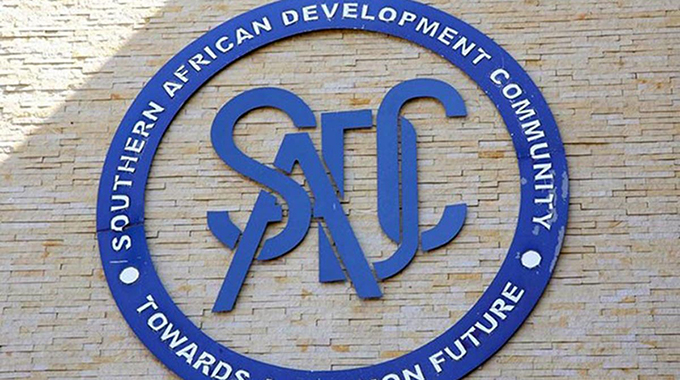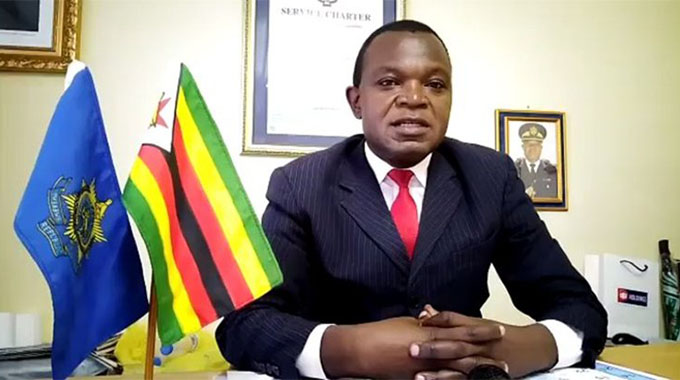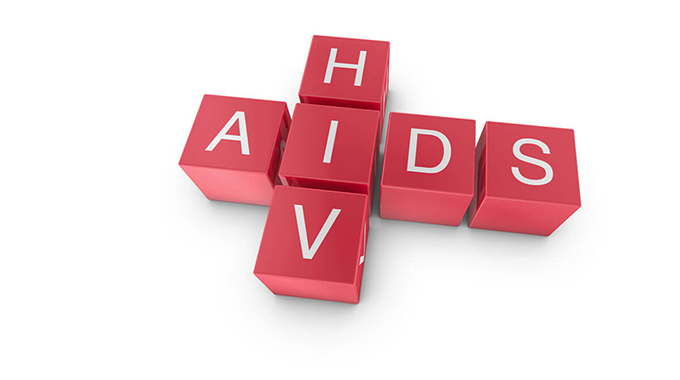SADC reawakens, defining new path

Fungi Kwaramba
Political Editor
BY any stretch of the imagination, Africa is a rich continent endowed with glittering gold and diamonds, massive deposits of iron ore and lithium, copper, uranium, cobalt, manganese, and so much more.
Add a young and booming population and the continent could be at the apex of global development. However, that is not the case.
According to the Institute of Security Studies, Africa could miss the Sustainable Development Goals (SDGs) that were adopted by the United Nations as its blueprint for world peace and prosperity.
In particular, the report, that was published in June, said in the aftermath of the Covid-19 pandemic, half a billion Africans live below the datum poverty line as the continent’s share of global poverty rises.
However, there is a method to the madness.
According to Honest Account report 2017, African countries received US$161.6 billion in 2015 – mainly in loans, personal remittances and aid in the form of grants. Yet US$203 billion was taken from Africa, either directly – mainly through corporations repatriating profits and by illegally moving money out of the continent – or by costs imposed by the rest of the world through climate change even though the continent has a small carbon footprint.
That only in part explains present realities but the reason why the continent still remains, for some strange reason, the cradle of poverty and deprivation goes far deeper than that. The exploitation of the continent started as far back as the 14th century when Portugal (a Western country) was the first European nation to use African slave labour to cultivate sugar plantations off the coast of West Africa, in São Tomé.
It was the African labour that toiled to build modern Western Europe – dehumanising, abusive, and exploitative in nature. Slavery was replaced by colonialism, a phase when European countries, in the case of Zimbabwe – Britain – colonised African countries and imposed a diabolical system that does not, however, elicit any sense of guilt on the conscience of the West.
Most pointedly, in 2002, outgoing British Prime Minister Boris Johnson, in wistful nostalgia of a lost empire, said: “The continent may be a blot, but it is not a blot upon our conscience. The problem is not that we were once in charge, but that we are not in charge anymore”.
Post-colonial Africa was yet again caught under the clutches of a Cold War between East and West; a war which is presently simmering with the West again trying to manipulate African leaders into gravitating within their orbit through nefarious and unilateral policies such as the Countering Malign Russian Activities in Africa Act that was recently passed by the United States House of Representatives, which seeks to penalise sovereign African states if they have relations with Russia.
Ironically, it was Russia and China which helped African countries in the fight against colonial rule.
Bonds cemented through tears and blood will not be easily broken as the West has been reminded, not least through the International Army Games taking place in Russia from 13-27 August where dozens of African countries including Zimbabwe are participating.
This is despite the reeking colonial hangover that drifts from Western embassies in Harare some of whom, like the outgoing European Union head of delegation to Zimbabwe, Timo Olkkonen, has the gall to choose friends and foes for the country despite 42 years of self-rule.
But that is all about to change as the current crop of African leaders, including President Mnangagwa, confront both the present and the past proffering new solutions not only for self-determination but also for security.
Last week, the 42nd Sadc Summit was held in the Democratic Republic of Congo (DRC), a country with an estimated mineral wealth of US$24 trillion, yet one of the poorest on the continent, mainly because of neo-colonialism and the enduring yet unpleasant legacy of slavery, colonialism and the crippling and alien structural adjustment policies that were imposed by the World Bank and IMF in the 1980s and 1990s.
Sadc leaders, embracing President Mnangagwa’s mantra that “Nyika Inovakwa Nevene Vayo”, have a newfound belief that indeed the region, which is home to an estimated 300 million people, can take the lead in charting a new path for Africa, by confronting neo-colonialism which manifests itself in the continued influence of former colonial masters over African countries, through interventions in politics, economic policy, and security.
These Western countries have perpetuated their hegemony and influence through food aid that often comes with strings under the guise of non-governmental organisations that are nothing more than extensions and clothed tentacles of the West.
To deal with this challenge, President Mnangagwa told his counterparts that “Member States must enhance efforts to promote the local production of basic food and agricultural inputs towards reducing over-reliance on external suppliers”.
This will of course cushion the region from global shocks caused by natural disasters, diseases such as Covid-19 and the Ukraine/Russia conflict which has disrupted food supply chains and had a domino effect on prices of fuel and of course basic commodities.
The President said “in Zimbabwe, we have adopted a pro-active stance by implementing a Five-Year Fertiliser Roadmap to attract new investments, capitalising on the huge fertiliser raw material endowments”. This is all part of scaling up production and productivity.
Further, the regional leaders agreed that matters of regional security can best be handled by Sadc nations, with President Mnangagwa saying the commitment that was displayed by member states towards the maintenance of peace and security in the region, specifically, in the fight against terrorism in Northern Mozambique, is noteworthy.
“The solidarity and African brotherhood that our Sadc region continues to demonstrate in the face of threatened national and regional peace and security is in keeping with the rich values and heritage bequeathed to us by our Founding Fathers. This spirit of unity, informed by our long standing mantra that ‘an injury to one is an injury to all’, must be guarded jealously, now and into the future”, he said.
Defining a new course, President Mnangagwa added:
“While Covid-19, climate change and other global shocks have brought our nations heavy and unforeseen burdens, let us leverage on the new sense of self-belief and innovative capabilities that have resulted there from. There is equally a need for our region to take greater charge of its own security and destiny”.
This is epochal in that it marks the beginning of a new era where Sadc leaders, and by extension leaders in Africa, begin to chart a new path without the fetters or constraints of erstwhile colonisers whose primary motive is to dupe African countries through unfair trade practices, fuelling terrorism, and sponsoring their puppets to subvert the will of the people.
Indeed, African leaders are now demonstrating that the continent can feed the world, and confront the lopsided trade where Western countries are extracting far more than they send back, pushing economic models that fuel poverty and inequality.
It is time for Africa to take control, because for ages now, according to research, more than three times the amount Africa receives in aid was taken out mainly by multinational companies deliberately misreporting the value of their imports or exports to reduce tax.
Indeed the role of NGOs as agents of regime change has never been starker, and Zimbabwe should expedite the passage of the Private Voluntary Organisation Bill to regulate activities of this sector.
Along with these illicit financial flows, brain drain, debt servicing, and the costs of climate change – caused predominantly by the West but played out on the world’s poorest people – all make Africa a net creditor to the world.
On this score, President Mnangagwa has been unequivocal in calling on Zimbabweans in the diaspora to bring back their skills and help in the building of Zimbabwe towards Vision 2030, to become an upper middle class economy.









Comments